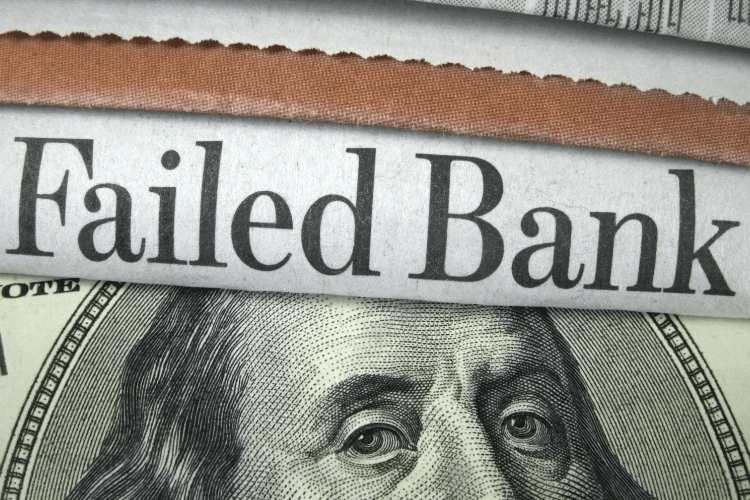What is the Better Business Bureau?

How do you respond when a business rips you off or doesn’t deliver what it promised? After writing an angry Yelp review and complaining to your friends, you might turn to the Better Business Bureau. The BBB has a longstanding reputation for helping customers handle problems with businesses.
However, it’s not an aggressive government agency, as most people assume. The Better Business Bureau is actually a non-profit corporation that aims to create an “ethical marketplace where buyers and sellers can trust each other.” But what does that really look like in practice? What can the BBB do for you?
What is the Better Business Bureau?
The foundation of the Better Business Bureau was built in the early 1900s in the form of “vigilance committees” committed to stopping businesses that engaged in advertising abuses. Over time, these committees expanded their mission to monitor businesses’ actual behavior and to keep consumers informed.
Now, the BBB has more than 160 locations spread across North America. They are private sector organizations financed by the dues that businesses and professional firms pay to remain members of the BBB. Each BBB location works to eduate consumers and pave the way for satisfactory experiences with local businesses.
The Role of the BBB
The Better Business Bureau plays several important roles in the marketplace.
First, the BBB offers business accreditation to companies that meet its set of high standards. Any business or firm that registers with the BBB and pays dues must promise to follow the “highest principles of business ethics and voluntary self-regulation.” However, the BBB itself vows to remain neutral and provide objective reviews of all businesses, whether they are accredited members or not.
Second, the BBB fosters ethical business practices by monitoring the advertising and selling practices of businesses. If a certain business demonstrates abusive or unethical behavior, the BBB alerts customers accordingly. It’s simple to access all of this information on the BBB’s website.
The BBB also helps consumers by providing objective information about any company. If you want to hire a landscaper or moving service, you can turn to the BBB for reliable information on the company’s history and reputation. The more you know, the better buying decisions you can make.
You can expect to find the following information when you search the BBB for a specific business in your area:
- General background information, including the length of time in business
- A history of complaints filed by past customers and experiences in the marketplace
- Other relevant information, including intel found through BBB investigations and government actions
Finally, the BBB is well-known for its rating and complaint system.
How Does the BBB Complaint System Work?
The Better Business Bureau offers an online complaint system for issues between consumers and businesses. Though the BBB doesn’t have the power to enforce punishments or penalties, it does offer a way for problems to be presented and communicated through an objective third party.
If you choose to raise a complaint through the BBB, the bureau forwards all the information you submitted to the business within two days. The business can respond but does not receive any formal punishments if it ignores the matter. Most complaints close within 30 business days.
In order to have your complaint accepted by the BBB for further action, make sure it meets these basic criteria:
- Includes all contact information for yourself and the company in question
- Relates to a marketplace issue that arose within the last 12 months
- Alleges a “deficiency in the company’s marketplace performance with regard to the services or products that the business provided or allegedly agreed to provide”
- Not currently in litigation when filed
Though it’s true that a resolution isn’t guaranteed when you pursue a business complaint through the BBB, the majority of complaints received are ultimately settled. The BBB has a credible reputation for helping consumers and providing objective information for public use.










